
Developer: Cing, Arc System Works
Publisher: Nintendo
Platform: Switch
Tested on: PC
Another Code: Recollection – Review
Allow this reviewer to start this evaluation of Another Code: Recollection with a personal anecdote. Back in 2009, a DS game I had never heard of drew my attention at a flea market. Said game was Another Code: Two Memories, which at that point was already four years old. I bought it, played it, and enjoyed it enough to track down a second-hand copy of the sequel, Another Code R, on the Wii. Unfortunately, a disk error prevented me from ever completing said sequel. The studio behind the games, Cing, went bankrupt in 2010, and it seemed like this was the end of the Another Code games. Imagine my surprise when Nintendo announced Another Code: Recollection, an enhanced remake that bundled both games and brought them to the Switch. Having fond memories of the original games, I was more than happy to return to Another Code and finally see the story come to an end.
Story
The first part of Recollection, titled Two Memories, introduces us to Ashley Mizuki Robbins, the protagonist of the Another Code series. On the eve of her fourteenth birthday, she travels to Blood Edward Island with her aunt Jessica. Ashley has received a letter from her father, Richard, whom she assumed was dead after he disappeared when Ashley was just three years old. Accompanying said letter was a prototype device called the DAS, which only Ashley can operate. It’s clear from the get-go that there is more to Richard’s letter than a simple invitation to a family reunion. Shortly after Ashley and Jessica arrive on Blood Edward Island, Jessica disappears and now Ashley is left alone. Well, not exactly alone. It doesn’t take long for her to run into D, the ghost of a young boy who used to live on the island. The two pair up to find Jessica and Richard, restore D’s memories, and solve the mysteries surrounding the enigmatic Edward family and the true purpose of the DAS.
The second part, A Journey into Lost Memories, is set two years later. It’s the end of the summer holidays, and Ashley receives an invitation to Lake Juliet, alongside an updated DAS. Richard hopes to bond with his daughter, but he also has an ulterior motive: It seems that Lake Juliet holds the key to what happened with Sayoko, Richard’s late wife and Ashley’s mother, 13 years earlier. This second adventure feels a lot more grounded in reality than Two Memories, mostly because it eschews ghosts, although the sci-fi angle introduced with the DAS persists. Both stories touch on the same themes and ethical dilemmas, and what role technology -particularly neuroscience- could play in deleting trauma and painful emotions.
Graphics
The switch from a top-down DS title to a 3D environment meant that Two Memories in particular received a massive glow-up, while still respecting the visual design philosophy of the original games. Recollection’s stylized visuals give the game the feeling of a comic book, especially with word bubbles and white edges popping up during specific dialogue scenes. This approach makes it so that the overall lack of photorealistic detail isn’t an issue, and the game looks great as a result. However, some of the game’s assets aren’t as detailed as they could be: newspaper clippings and static art in particular look fuzzy at times, likely because Recollection reuses original assets from the DS and Wii games rather than having these redrawn. The difference between the new visuals and these older images is jarring, even if the game looks decent enough as a whole.
Sound
Perhaps the biggest change that Recollection brings to the table is the addition of voice acting, both in English and Japanese. Kaitlyn Yott’s performance as Ashley stands out, although the rest of the cast nails their characters as well. The updated soundtrack underlines the emotional impact of key story moments without overpowering them, although the music isn’t very memorable outside of the context of the game. Sound effects are decent, with certain audio cues bringing back memories of the original, albeit a lot crisper.
Gameplay
You might not expect it based on how the game presents itself, but in terms of gameplay, Recollection is quite similar to games like The ABC Murders or Frogwares’ Sherlock Homes titles, albeit much slower and less violent. Taking control of Ashley, players navigate both Blood Edward Island and Lake Juliet as they follow a linear story and solve puzzles. Both parts of Recollection are remakes of those two original games on the DS and Wii, but given the fundamental differences between the hardware, there are of course massive differences. The top-down dual-screen presentation of the original DS game has been replaced with a fully rendered 3D environment in third-person view, and puzzles have been adjusted to work on the Switch. The differences with the Wii game aren’t as big, although Recollection isn’t as reliant on motion controls as Another Code R was for its puzzles. Both of the original games’ gameplay has been unified, resulting in something that feels like a deliberate whole rather than two separate entities.
One thing that hasn’t changed about Recollection is the sluggish pacing of the original games. This is deliberate, as Recollection puts a huge emphasis on atmospheric storytelling, rather than deep gameplay. Puzzles are on the simple side, and it’s unlikely that you’re going to have to refer to a guide to figure out what to do next. In addition, Recollection adds two new QoL features to make things even easier, namely an optional arrow that guides you to where you need to be next, and a puzzle hint system. Given that Ashley’s adventures aren’t the most difficult in the first place, we recommend turning these off, although the guiding arrow can come in handy given the amount of backtracking required. The biggest challenge comes in the form of hidden origami cranes that are scattered around Edward Mansion and Lake Juliet. Scanning all of these with the DAS unlocks the game’s true ending, but they are easily missed if you don’t specifically seek them out.
In many ways, Recollection feels like a very fancy visual novel more than it does a point-and-click game, although some degree of effort is required on behalf of the player. Much of the information necessary to understand this world is scattered throughout journals, the aforementioned origami cranes, and information logged in the DAS. There is plenty of reading that can be done here, but you need to go out of your way to actually do so. As such, you need to be in a very specific mindset to truly enjoy what Recollection throws your way. In an excellent 2016 article about developer Cing, reviewer Anthony John Agnello noted how the series’ storytelling thrived on the beauty of real boredom. It’s an apt way to describe a feeling that persists in Recollection.
It all adds up to a game that offers a fantastic excuse to spend a dreary Sunday afternoon for anyone who’s in the mood for a low-commitment game without having to resort to a “cozy” title like Paleo Pines. Unfortunately, there is another speed bump that might turn you off from picking up Recollection, and that is that you aren’t getting a whole lot of bang for your buck here. You’re looking at a combined runtime of around 15 hours for both halves of Recollection, and there is very little replay value here. That makes the €49.99 price tag very difficult to swallow, even for a Nintendo title. We highly suggest giving the demo a spin before committing to the actual game.
Conclusion
While we were more than happy to see the return of a series that we had long presumed dead, we also have to be realistic: Another Code: Recollection is a niche title for a niche audience. The slow pacing and simplistic puzzles will undoubtedly turn off some people, but if you are able to get in the right mindset to fully immerse yourself in Recollection’s world, there is plenty to love here. Recollection feels like a remake done right, bringing the game into the modern era while respecting what made the original so beloved in the first place. Many of the elements that we would now consider shortcomings were deliberately left in, as they were a fundamental part of those original releases. There are still definitely some rougher edges here than we would have wanted, and the game’s pricing doesn’t help either, but overall, we enjoyed our reunion with Ashley Mizuki Robbins.
1 Comment
Leave a Reply
You must be logged in to post a comment.

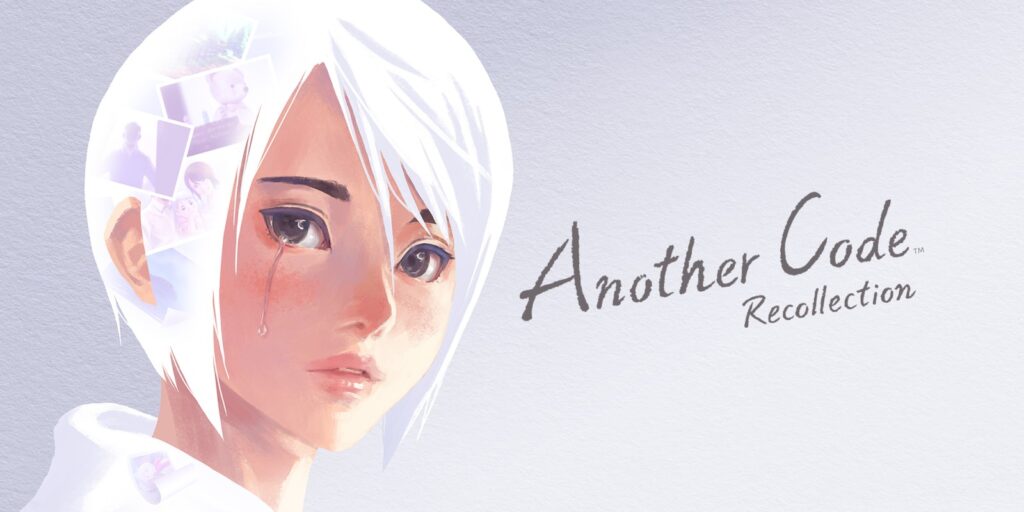
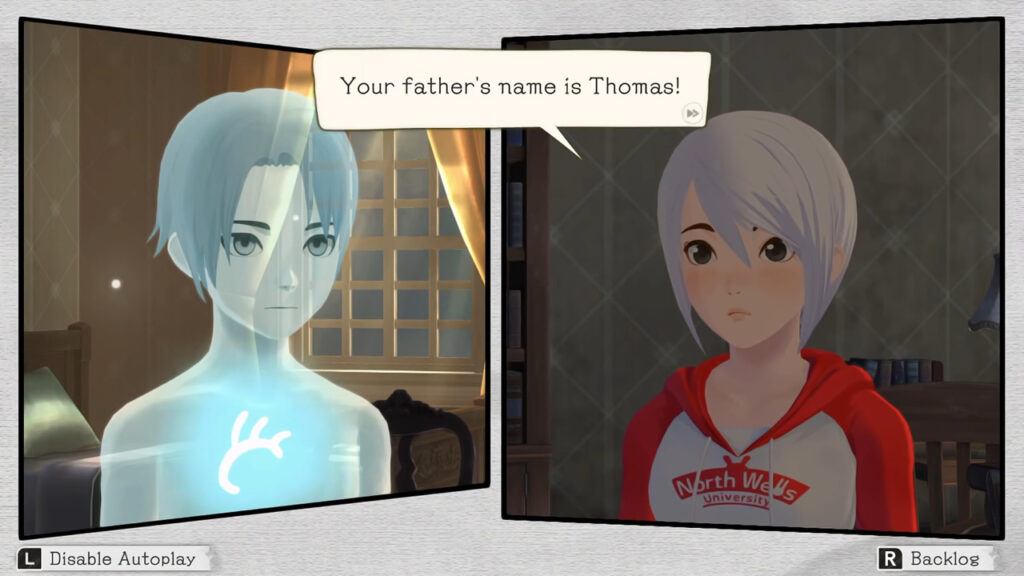
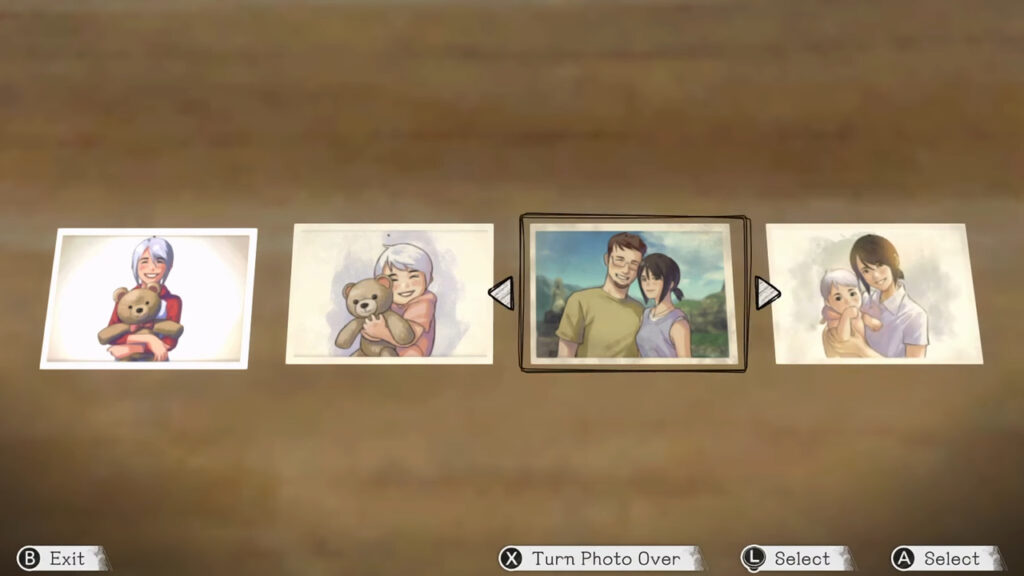
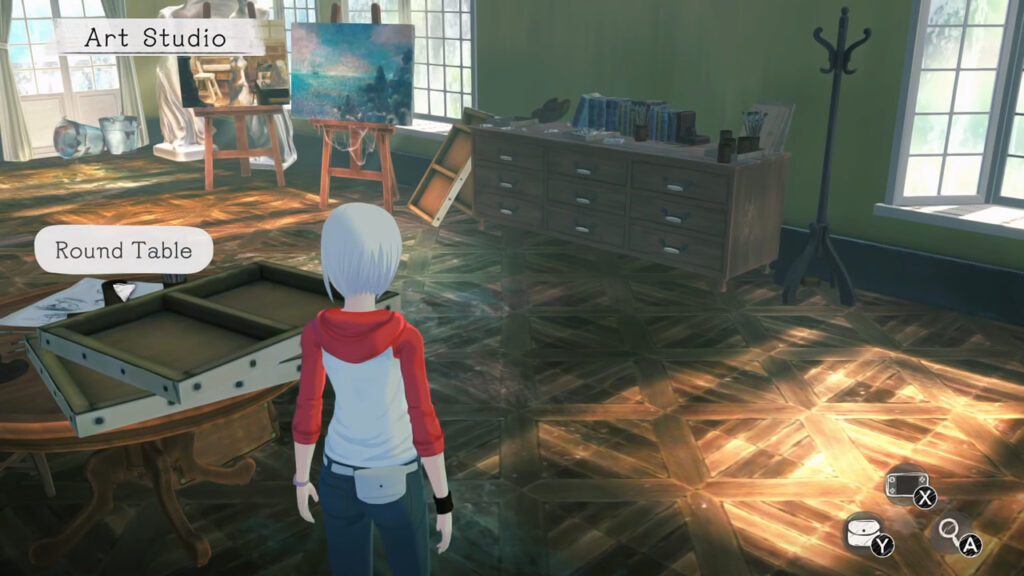
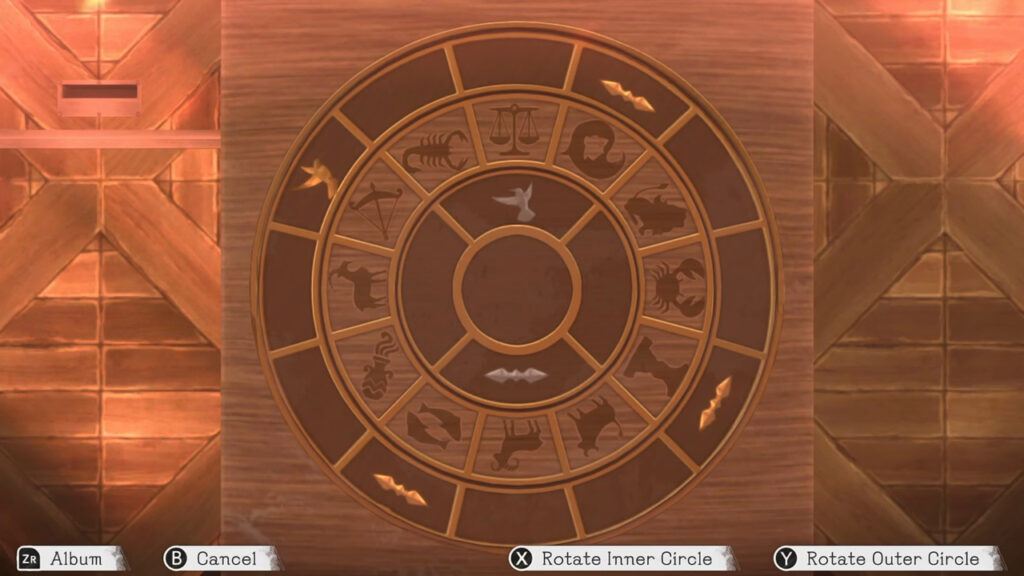


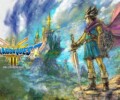
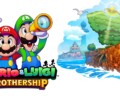
[…] Switch this year, we wouldn’t have believed you. But lo and behold, following in the footsteps of Another Code’s glorious return, we’re getting a new Endless Ocean. Unlike Another Code, however, Endless […]